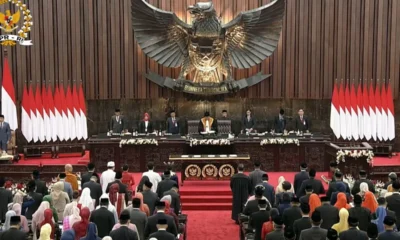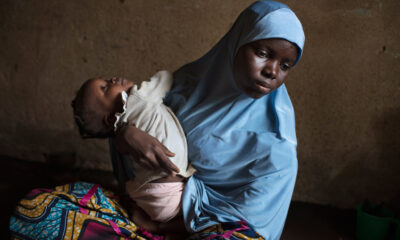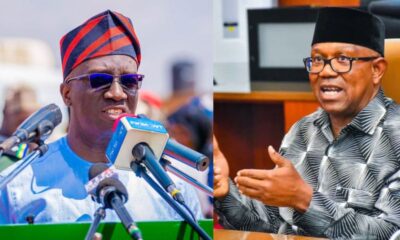Last week, when news broke that the Nigerian State House, the Aso Rock Presidential Villa was preparing to move off the national electricity grid, it sparked a storm of reactions across the country. As usual, some Nigerians raised serious concerns, while others, ever ready to defend anything associated with their political favorites, rushed to justify the move.
People like me could only laugh, not out of genuine amusement, but from the deep, painful irony of it all, and then chose silence, watching the charade unfold.
Think about it, in a nation where more citizens are pushed into poverty with each passing day, where the cost of electricity has skyrocketed beyond the reach of ordinary families, the Presidency somehow found it appropriate to approve a whopping ₦10 billion to install a solar power system at the Villa. It’s almost surreal.
Defenders of the move quickly pointed out how many Western countries power their state houses with solar energy. But they conveniently skip the most important context, in those countries, citizens are not plagued by epileptic power supply. Basic amenities work. Citizens aren’t routinely forced to rely on noisy, expensive generators to meet their daily needs. Their state houses going solar is a matter of sustainability, not survival.
Pause and think, if today, with the Presidential Villa still connected to the national grid, there’s no real urgency to fix the national power situation, what happens once the Villa becomes fully independent of it? Won’t that send a loud, chilling message that the ruling class no longer shares in, or even cares about the suffering of the average Nigerian battling daily blackouts?
Just weeks ago, the University College Hospital (UCH) in Ibadan was thrown into darkness over unpaid electricity bills. Many teaching hospitals across the country have faced similar crises, with patients’ lives hanging in the balance. Where were the billions for solar installations to save lives there? We don’t prioritize those who need light to save lives. But the comfort of the President and his inner circle is treated as sacred.
So, while critical sectors like healthcare collapse in darkness, the seat of power will shine brightly, funded by the very taxpayers who remain trapped in darkness and forced to burn through their incomes on generators and overpriced fuel.
₦10 billion. Ten billion naira! Imagine what that amount could do if invested into genuinely fixing the power sector for everyone, not just for the few behind the walls of the Villa.
Of course, I know some will still defend this decision, and that’s expected. Mental slavery, after all, knows no boundaries, not educational achievement, not age, not social status. It’s the most resilient form of bondage.
But for those who still have the courage to think freely: we deserve better. We deserve leadership that feels our pain, not one that runs from it
John Oyebanji is a Public Affairs Analyst, Media/PR Specialist, Educational Administrator, and Clergy, among many other things he represents. He writes from Modakeke, Osun State, and can be reached via thejohnoyebanji@gmail.com





























